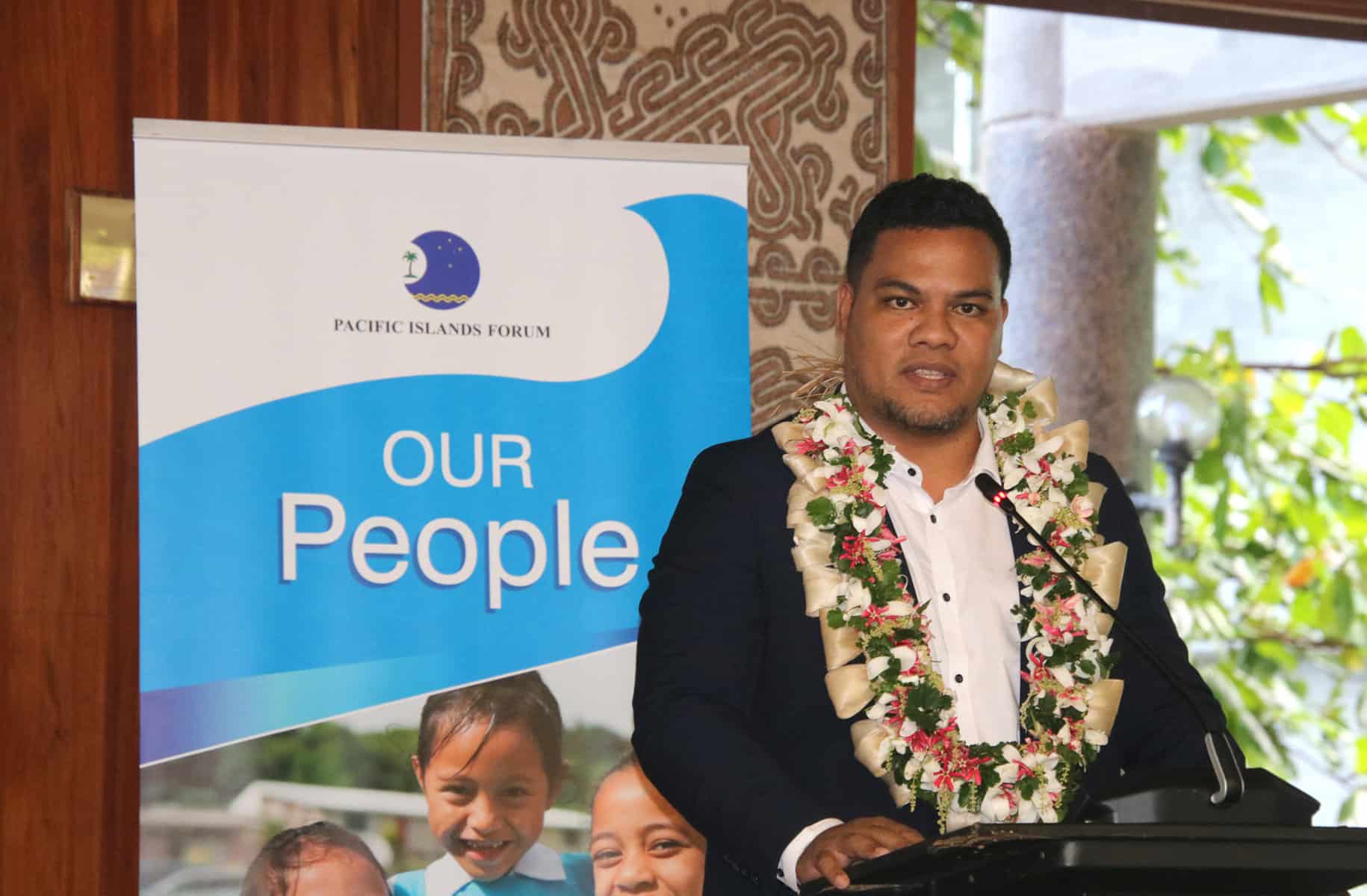Tuvalu’s Minister for Justice, Communications and Foreign Affairs has laid out a vision for Tuvalu in the event the country is “fully submerged or people are forced to relocate”.
“Following the outcomes from COP26 [the global climate change conference], I think the trajectory that we're on at this time is we're heading for a worst-case scenario. So it's important that we have a plan,” Simon Kofe said during a public lecture at the Pacific Islands Forum Secretariat in Suva this month.
“The leadership mindset behind this project is one where . . .
Please Subscribe to view full content...
